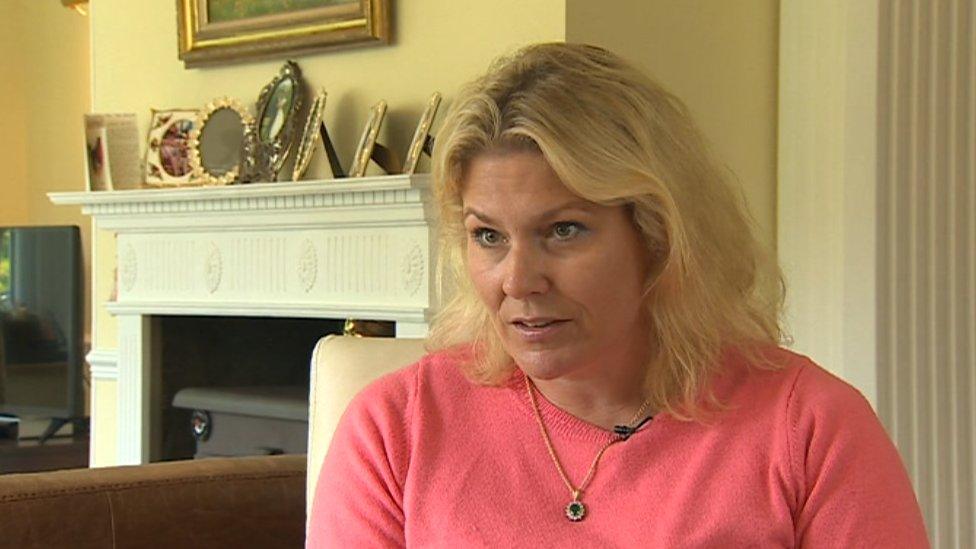MPs begin debate on gender recognition laws
- Published
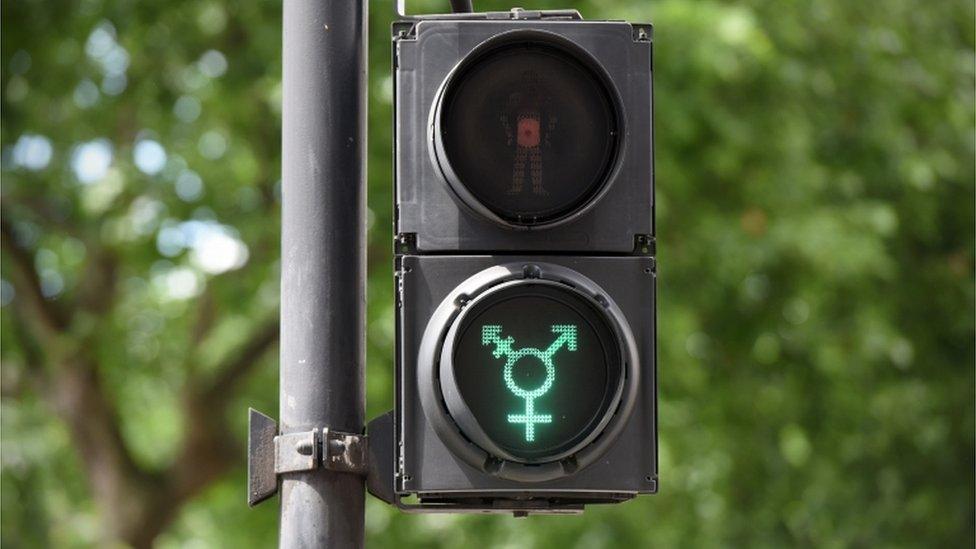
A debate on trans and women's rights is raging in the LGBT and feminist communities.
The focal point? Possible reforms to the 2004 Gender Recognition Act in England and Wales.
Now, for the first time, MPs have formally debated the issue in Parliament.
And it's in Parliament where a decision will eventually be made on what to do next.
The government has been consulting on whether the current system, whereby someone can legally change their gender, is too clinical, bureaucratic and intrusive.
The answer from some is an emphatic yes. The leading LGBT campaign group Stonewall is among those calling for a simpler, more streamlined process.
The Scottish government has also said it is committed to reform and has just published some analysis, external following its own consultation.
To change a birth certificate a person currently has to:
Provide two medical reports, one showing a diagnosis of "gender dysphoria" and the other outlining details of treatment received
Obtain the consent of their spouse if they are married
Demonstrate that they have lived in their acquired gender for at least 2 years
Pay £140
But there are those with deep concerns - including numerous feminist and women's groups who say they feel vilified and marginalised in this debate.
And in a Westminster Hall debate this week, the Conservative MP David TC Davies suggested that the potential reforms might mean "a 15-stone bearded man could simply define themselves as female and there would be nothing anybody could do to object to this".
He said that, being a "libertarian", this wasn't necessarily a problem in itself.
But the issue, for some, arises out of a fear that by making it easier to redefine a person's gender, it will be easier to gain access to women-only spaces such as toilets, changing rooms, prisons and even women's refuges.
And that there might be people who will do so for nefarious purposes.
But Mr Davies struck a lonely figure around the debating table as MPs from Labour, the SNP and Liberal Democrats opposed him.
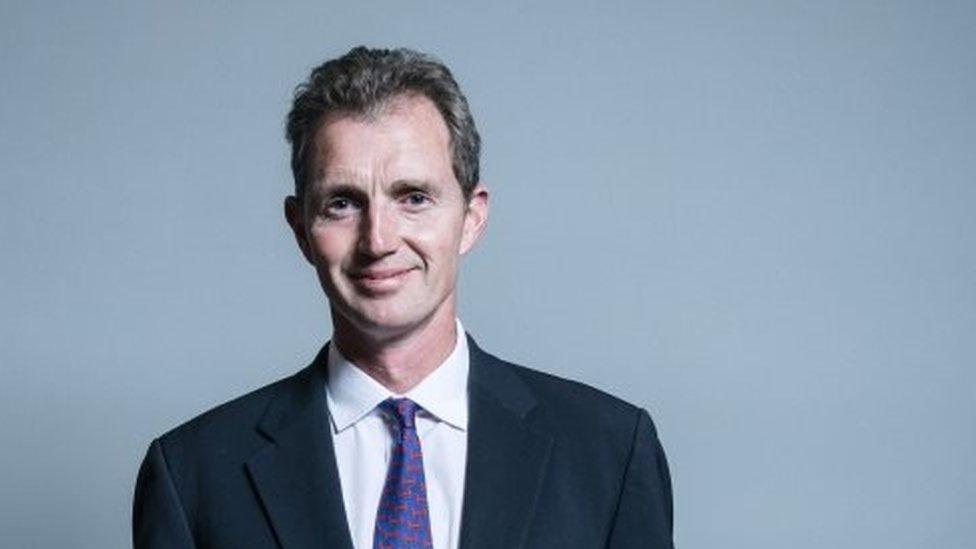
David TC Davies struck a lonely figure in the debate
Among them, Layla Moran (Liberal Democrat) said that a "moral panic" had been "whipped up to demonise a community". She said there was nothing to suggest that a person would soon be able to switch genders "on a whim" one afternoon.
We will have to wait to see what the government's proposals are before it is clear how far the reforms might go.
It is worth noting that the 2010 Equality Act protects trans people from discrimination, meaning that someone who identifies as a woman can already access female-only spaces.
However, the same legislation also allows services, such as domestic abuse shelters, to exercise a level of discretion on who can access those services.
But the case of Karen White, a transgender prisoner who sexually assaulted fellow inmates, is being frequently cited as an example of how the law is already letting women down.
This week, Women's Minister Victoria Atkins blamed "a series of terrible failings that should never have happened". She said that the Ministry of Justice is reviewing the case as well as the wider protocols in place.
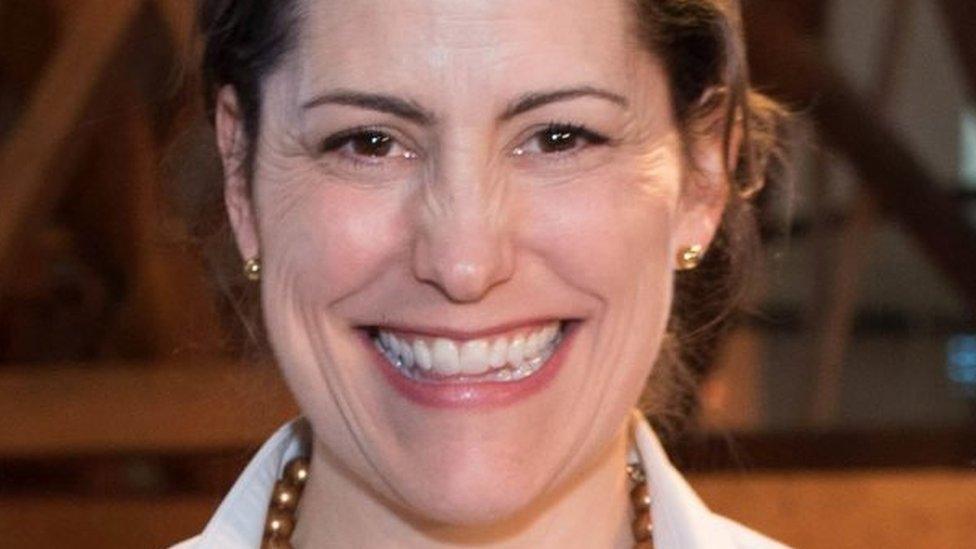
Victoria Atkins: No decisions have been made
The government is expected to announce its next steps on the Gender Recognition Act in spring 2019, once officials have gone through over 100,000 consultation responses.
Victoria Atkins emphasised that no decisions have yet been made. But it's clear that the government is inclined towards reform, mindful of its pledge to help improve the lives of LGBT people and tackle transphobia.
Any changes will need to go through Parliament, which means this week's Westminster Hall discussion could end up being considerably amplified once it hits the Commons floor where there are currently no trans MPs.
Law can underpin culture and culture will influence law. Here a question about birth certificates has been absorbed into a much broader, and contentious, discussion about what it means to be a woman.
It poses a difficult question: by enhancing the rights of one community, do you diminish the rights of another?
There will be those who say that is totally false premise; that trans rights and women's rights are not in conflict.
But the fact that conflict exists on this issue is undeniable and it looks like Parliament will soon have to fully enter the fray.
- Published8 November 2018
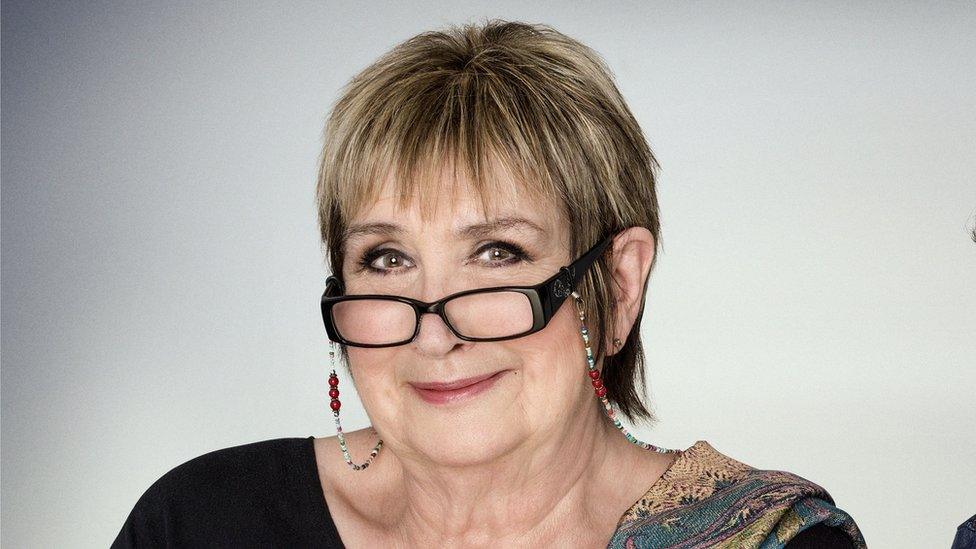
- Published17 October 2018

- Published5 October 2018
